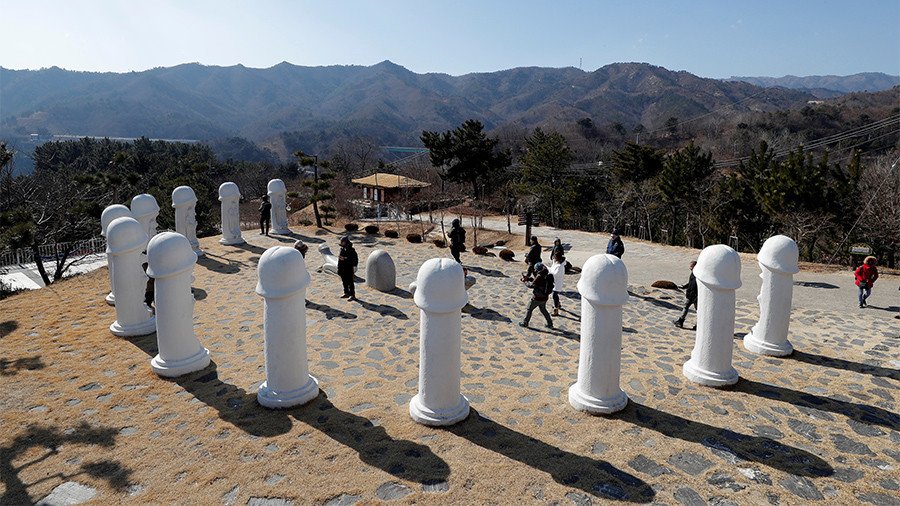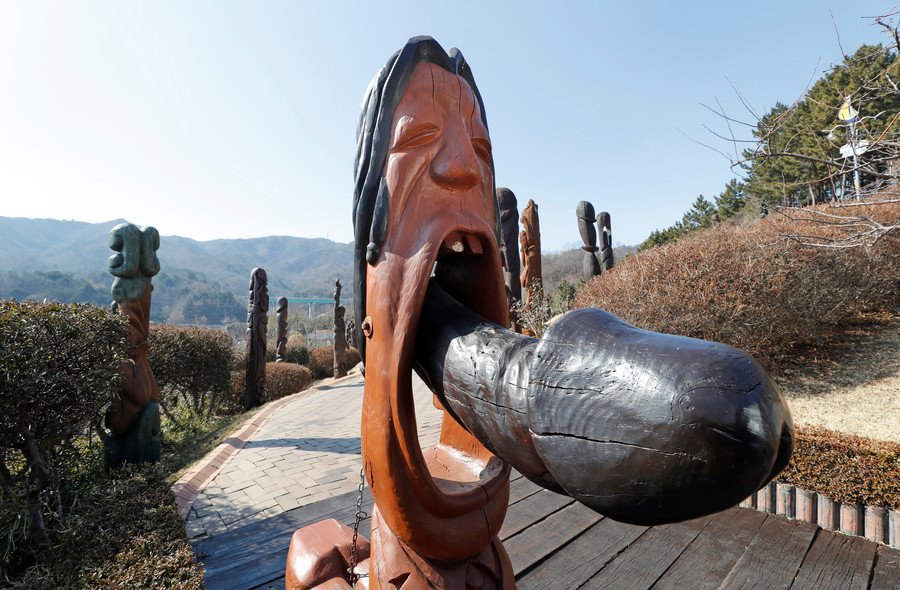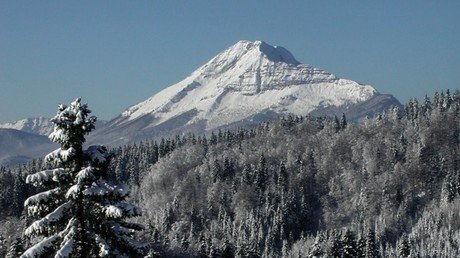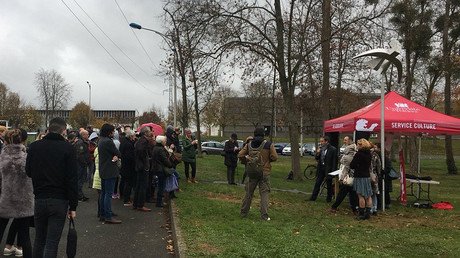Homage to the penis: Park full of phallus sculptures attracts Olympic fans

Tourists visiting South Korea for the Winter Olympics are getting excited about more than the athletes’ performances thanks to a nearby park full of giant penises.
Mostly of the wooden variety - dozens of penis-shaped sculptures stand erect in Haesindang Park in Sinnam. The unusual obscure attraction has seen a huge spike in visitors fascinated by the variety of phallic shapes, including penis-shaped benches, penis totem poles and even a penis shaped cannon – that tourists have been warned not to mount.
The attraction is dedicated to a virgin who, according to local legend, died in a storm as her boyfriend collected seaweed from a rock in a nearby cove.
According to one version of the tale, the village was unable to catch fish after her death until one day a fisherman urinated into the sea, apparently appeasing her spirit. In order to keep her spirit satisfied fishermen erected a shrine of a phallus on the cliffs of the village.
The extraordinary park contains dozens of wooden and stone carved penises, and it is considered a monument of fertility.

South Korea has one of the lowest fertility rates in the world. This, coupled with an aging population, has led to the country being described as a demographic time bomb.
The birth rate in 2016 stood at 1.17, according to the latest government data, and it is expected to have declined even further in 2017.














